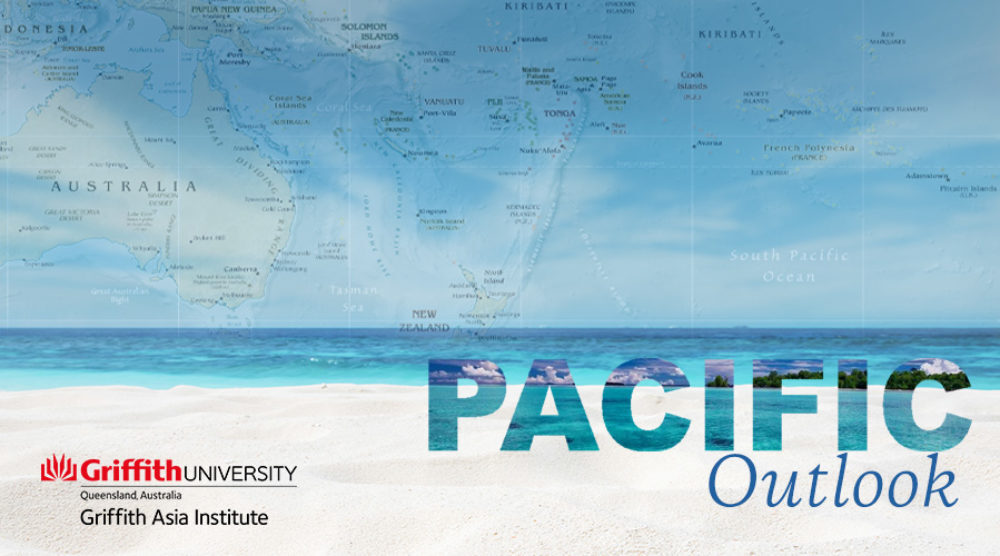PNG Police Commissioner’s appointment ruled invalid by the court
The National Court in Papua New Guinea has found that David Manning’s 2019 appointment as Commissioner of Police was invalid. The case was brought by two of the unsuccessful candidates.
The court upheld only one of the seven grounds on which the claim was based: that Mr Manning did not satisfy the academic criteria for the position and should not have been included in the short list. Manning has been ordered to vacate the post by January 29. He has said that he is considering an appeal and has assured the public that the police force remains intact and functioning normally.
The Justice Minister, Bryan Kramer, has said that the government should amend the regulation that requires the Commissioner of Police to hold a tertiary qualification as this is not appropriate for a position that is highly operational.
Samoa elections highlight political tensions
In Samoa, political tensions have been highlighted as the country moves into the campaign period ahead of the elections in April.
The emerging FAST party is undertaking a roadshow across the country. However, the matai (traditional elders) of Satapuala village have informed the party that they are not permitted to campaign there.
The incumbent MP for that constituency is Afamasaga Toeolesulusulu, a minister in the now caretaker government, who comes from Satapuala. He syas that he has played no part in this decision although he did attend the meeting of the matai where it was made. The matai have said that their decision to ban the roadshow is in order to keep the peace and demonstrate their support for Afamasaga.
The FAST candidate is Toeolesulusulu Cedric Schuster who is also from Satapuala. He has confirmed that the roadshow will visit other villages in the constituency.
Taiwan’s Foreign Minister speaks out whilst in Palau
The Foreign Minister of Taiwan, Joseph Wu, was in Palau recently to attend the inauguration of Surangel Whipps Jr. as the new President.
During his remarks, Minister Wu accused China of ‘forcing itself’ into the Pacific region and he warned that this would lead to strategic problems. He also expressed concern about countries in the Pacific becoming indebted to China by being involved in the Belt and Road Initiative.
Speaking in English for part of his inauguration speech, President Whipps Jr. thanked Taiwan and other partners such as Australia, Japan, and the USA for supporting his country during the COVID-19 pandemic and for protection from “foreign aggressors”. This was taken to be a reference to China.
Palau is one of 15 countries that have official relationships with Taiwan rather than the People’s Republic of China. Four of those countries are in the Pacific.
Pacific voices welcome inauguration of the Biden Harris administration
The inauguration of Joe Biden as US President and Kamala Harris as Vice-President has been welcomed in the Pacific islands region.
Among the first of President Biden’s actions was to sign an Executive Order for his country to re-enter the Paris Agreement. This was “warmly welcomed” by the Prime Minister of Tuvalu, and current Chair of the Pacific Islands Forum, Kausea Natano.
President Biden has also overturned President Trump’s decision to withdraw from the World Health Organization. This will be reassuring to countries in the region who look to the WHO for critical support, especially as they continue to deal with the impacts of COVID-19.
Vice-President Harris is the first woman and first woman of colour to occupy that office. She has already been hailed as a role model for a region in which women’s political representation is very low.
Pacific bubbles yet to be established
The issues associated with reopening travel to and from the Pacific continue to be debated across the region. Whilst talk of vaccine rollouts has brought some hope of restoring normality, there are many challenges to be faced.
In Vanuatu, there are hopes that the passenger route between Port Vila and Noumea in New Caledonia can be reinstated in the near future.
In Fiji, the tourism industry continues to push for a bubble with what have historically been key markets for them, such as Australia and New Zealand.
Whilst there continues to be focus on the impacts of border closures on the tourism industry in the region, the most significant focus for movement of people will be around meeting critical labour shortages. In Australia the states of Victoria and Tasmania are working to facilitate a ‘quarantine swap’ in order to get Pacific workers on to Victorian farms to avoid valuable crops being lost.
Tess Newton Cain is an Adjunct Associate Professor at the Griffith Asia Institute and project lead of the Pacific Hub.








